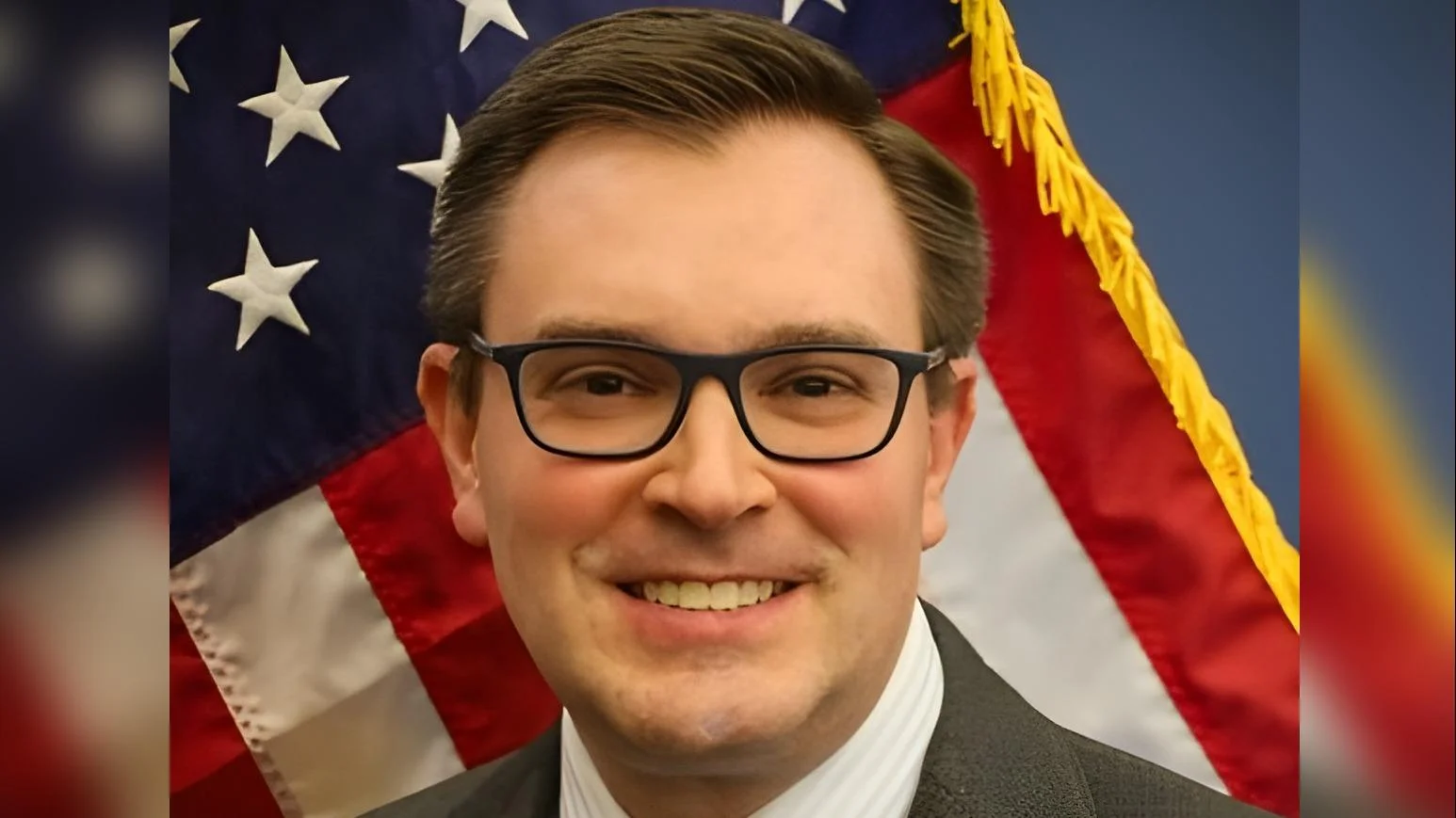A man convicted of murder has received an additional prison sentence for a separate violent crime on the Yakama Reservation. Jordan Stevens, 35, was sentenced to 162 months in prison by United States District Judge Stanley A. Bastain for Assault with Intent to Commit Murder.
According to court records and statements made during sentencing, the incident occurred on October 6, 2018, when Yakama Nation Tribal Police responded to reports of gunfire at a residence in Toppenish, Washington. Investigators determined that Stevens shot another individual in the chest following a dispute over theft. The victim survived after being taken to the hospital by a friend and discharged several days later. At the time of this sentencing, Stevens is already serving a life sentence for a separate murder committed in 2019 involving a member of the Yakama Nation.
United States Attorney Pete Serrano stated, “The community must see that every act of serious violence carries its own consequence, and that the justice system will respond decisively to deter others from engaging in similar acts of rage or retaliation. This prosecution serves to protect the public by reinforcing the rule of law and underscoring that even those already in custody are subject to the same standards of accountability and respect for human life as anyone else.”
During sentencing proceedings, Assistant United States Attorney Bree Black Horse addressed why an additional sentence was necessary despite Stevens’s existing life term: “A maximum Guideline sentence of 162 months imprisonment is necessary to affirm that the Court and the law will not tolerate the use of firearms to resolve personal disputes, and that each act of violence—even by someone who is already serving a life term—carries independent moral and legal weight.” She further argued that imposing this penalty “reinforces the principle that serious acts of violence will not be excused or ignored, even when committed by someone already serving a lengthy or life term. A maximum Guideline sentence communicates to others—particularly those who might otherwise view incarceration as a shield against further accountability—that violence conduct will no go unpunished, regardless of a defendant’s existing term of imprisonment.”
W. Mike Herrington, Special Agent in Charge at the FBI Seattle field office commented: "Even though Mr. Stevens is already serving a life sentence for murder, he still must be held accountable for this violent crime," adding "The FBI and our partners are committed to pursuing justice for each and every one of these violent acts on behalf of the victims and their communities."
This case falls under the Department of Justice’s Missing or Murdered Indigenous Persons (MMIP) Regional Outreach Program. The program seeks solutions through collaboration among federal agencies as well as Tribal, state, and local partners with an emphasis on preventing violence against Indigenous people.
The investigation involved both the FBI and Yakama Nation Tribal Police Department; prosecution was led by MMIP Assistant United States Attorney Bree R. Black Horse.





